Before lithium-ion batteries (LIBs) can be safely transported for eventual recycling, the hazardous materials within these batteries must be deactivated. To address this problem, OnTo Technology has created a DISC Solution—which stands for "deactivate, identify, sort, and cut"—to minimize risks from shipping LIBs. This solution will sort batteries based on cathode chemistry using automated technology, then deactivated to neutralize flammability and chemical hazards.
"OnTo Technology is leveraging our existing cathode-healing™ direct recycling technologies to meet the challenges that currently exist within the LIB supply chain," explained OnTo Technology team captain Lauren Crandon. "A major advantage of DISC is the ability to ship large quantities of inert, sorted, identified material at a low cost."
To disassemble and "cut" the battery packs, modules, and cells, OnTo Technology has partnered with Shape Technologies Group to implement precision cutting technology. This safe and effective method will use automated disassembly to transform end-of-life lithium-ion batteries into high-yield sorted electrode materials and clean foils.
The implementation of the DISC Solution involves regional processing facilities at strategic locations around the country. This will allow the team to transport the resulting harvested electrode material to various destination recycling facilities. In Phase III, of the Lithium-Ion Battery Recycling Prize, OnTo Technology is developing an initial pilot demonstration to show how this solution can process an average of 360 tons of spent or discarded LIBs per year. Within six years, OnTo Technology plans to scale this solution to process 86,400 tons per year, meeting the ambitious Prize goal of 90% of the existing market.
To learn more about the DISC Solution, contact .

